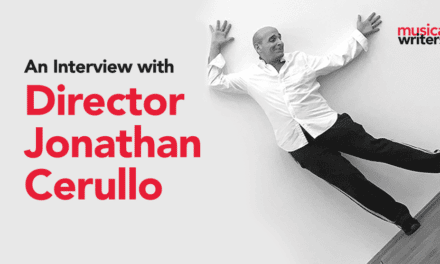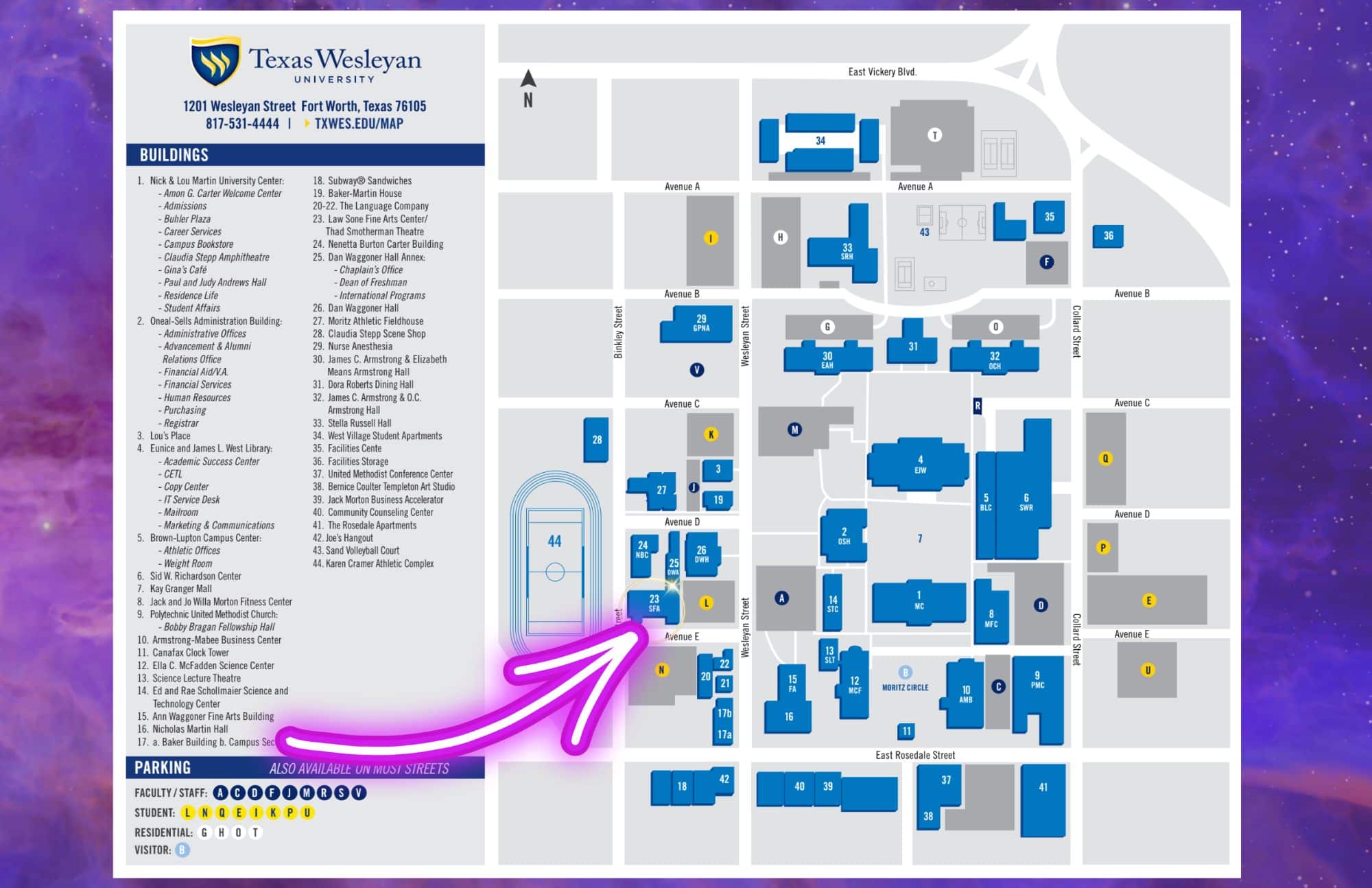I am not a writer, I am a producer. In fact, I am a commercial theatre producer, and I develop and produce mostly family entertainment. I’m not passionate about dark, tragic material. My job is to fill a theatre with families and give them a great night of entertainment.
But there is something that is important to me that I want in every show I produce. I want the audience to laugh, cry and get goosebumps. Yep…all three…in one performance. I also want them walking out of the theatre full of hope and optimism.
My job as a producer is more that of an editor than of a writer. Although I have written extensively, that is not where I find the love. At the same time, I work with writers and I have a lot of professional contacts that make their living writing for the theatre. And, I belong to several social media groups that focus on writing musical theatre.
The Common Challenge
I saw on Facebook a while ago a question in one of those musical theatre writers’ groups: “What is the biggest challenge you face?” This made me think. There were many responses. Money was a common response. And time seemed to be popular. But then my colleague Stephen Cole said something like: “Getting my show produced.” Many people agreed and commented on this. So, I thought I would share my ideas and suggestions on whether your should self produce or find a producer.
Option 1: Self-Producing
First, there are two routes to getting your show from the “page to the stage,” a great phrase my colleague Cheri Coons uses. The first one is self-production. You can produce the show yourself. That means you are responsible for financing—giving or getting all of the money involved—as well as budgets and spending. You are responsible for hiring everyone. Everyone—a director, designers, stage managers, actors, technicians and on and on. It also means you are the direct contact with the lawyers, insurance brokers and many, many other people whom you need in order to get your show up. It is a lot of time and a lot of responsibility….and of course….a lot of money.
There are plusses and minuses to being your own producer. The biggest plus is you have almost complete control. Every decision is yours. The biggest minus is that it is very time-consuming and can be very expensive. Practically no time for re-writes or adjusting the material during rehearsal and previews. The time you spend producing takes away time you could be spending working on your show, gauging the audience reaction and making rewrites based on your observations.
I remember talking to a colleague a couple of years ago, and he said that the show he wrote and produced was the worst experience of his life! Now, there are ways to make self-producing easier, more convenient.
Make Your Life Easier. Hire a General Manager!
One way is to hire a general manager. General managers are producers who do not raise money. They will handle the basics of your production and make many of the decisions that need to be made along the way. They also negotiate contracts, make calls, communicate with the design and stage management teams and should be able to give you advice about insurance, payroll, theatre history/reputations, etc. This is huge.
Hiring a general manager is an important decision that must be made early on. When you are looking for a general manager you should take into account their reputation, experience and of course, price. But, believe it or not, price is not the main criteria. And, you should interview at least one of their past clients – hopefully clients that had similar projects.
Option 2: Handing Your Show over to a Producer
The other way to get your show on the stage is to find someone else to produce your show. That means a theatre or a producer. Sounds easy, right? Oh…yeah… I am sure someone will want to produce my show, won’t they?
Finding a Theatre
Many, many theatres simply do not produce original shows anymore. Their subscription audience wants to see the shows they know or have heard about. Very few theatres are willing to take the chance. But there are some theatres that do original shows regularly or ONLY do original shows. Yep…they do exist. And, If you want a theatre to produce your show – you must do the research and homework. You must discover the theatres, go to their websites, SEE THEIR SHOWS and communicate with the artistic staff.
If you are lucky to have a theatre want to produce your show, you should be grateful and aware. The theatre often either wants a slice of future profits or some control in developing the production. And, why not? They are taking a chance on you, so I think it is fair they get something in return. I am not aware of any theatre that simply says – we will pay for everything and you have full control and all future profits.
Finding a Producer
If you want a producer to take your show and get it onto the stage, this is the other way. A producer’s job is to raise and manage money, gather a team, create a marketing/advertising plan, and then work with a theatre to get your show to opening night. Producers do the busywork so you, the writer, can focus on the show. Sometimes the producer will offer notes, but usually the writers do not have to take the notes. When you find a producer, there is usually a contract involved. These are standard contracts that the Dramatists Guild has on their website. By the way, if you are not a member of the Dramatists Guild, apply. They offer great resources.
Where do you find producers? Well…usually…producers come to you. If you have done a reading or a concert, many times producers or their staff go to these events. Producers are looking for the next “Lin Manuel Miranda.” By the way, if you do a reading or concert you should spend 75% of your time marketing to producers to come – NOT to your friends. Of course, you want the audience to be filled with friendly folks, but if your goal is to find someone to help you get to the next level, focus on producers. And this is not something you can do two weeks before the reading. It may take six months or a year to make a connection to a producer. If a producer comes to you and wants you to give them money, be aware. They certainly might ask you to help raise money by attending meetings or sharing contacts, but if they want a significant payment from you up front, run.
Need tools or advice on pitching to producers? Schedule a private coaching session with one of our experts.
What do producers look for in new material?
They want something “fresh.” Something unique. So, be prepared to answer the question “What makes your show unique?” They also want something that relates to current events or situations. You may have heard the phrase “Why your show, now?” That means they don’t want a show that is not particularly relevant in the current cultural/political world. They want a show that people will want to see right now.
A little head spinning, right? But don’t worry. Keep at it. Keep doing rewrites, keep doing readings, keep recording demos. Go to a lot of shows and meet the directors and producers of those shows. Send them personal messages.
And…consult…consult…consult. Listen to your gut, of course. But be ready to learn from the experience of others. I discovered something early in my business career: occasionally people are hobbled by personal insecurity. But much more often they are tripped up by false confidence, even arrogance. If people give you contradictory advice, OK; make your choice and run with it. But if you hear the same advice from several people, face the strong probability that they are right. And be humble enough to be guided by what they know!
Only you can decide what’s best for you—to self produce or find a producer. But most important – keep positive. Sometimes it takes a while for your show to grow and develop, and sometimes it takes a while to get noticed. I am reminded about the first question I addressed: “What is your biggest challenge?” Getting produced is a challenge. But it’s not an Impossible Dream!




















Extremely helpful article. Thanks.
Very helpful. Trying to learn about this area and helps to hear from someone who understands it and has been there/done that.